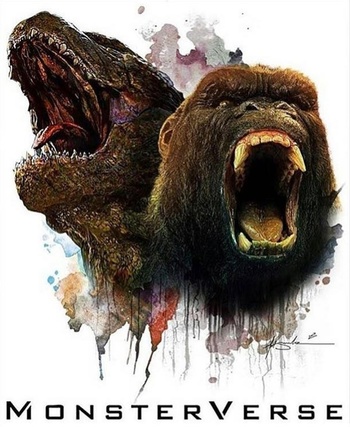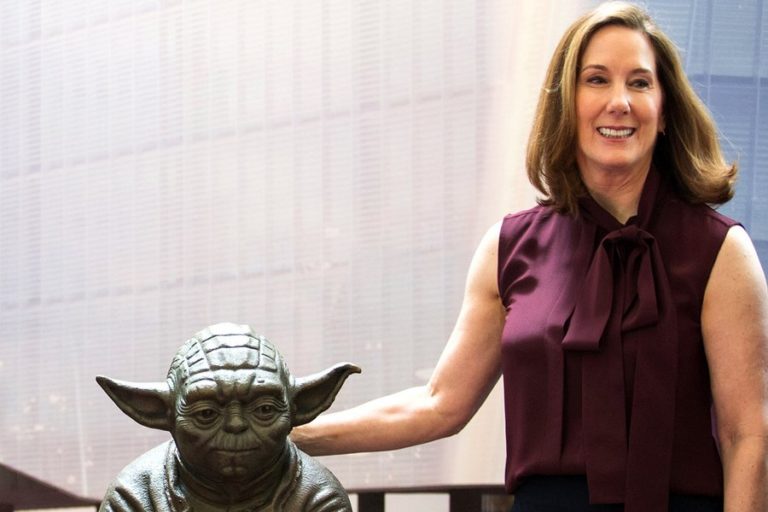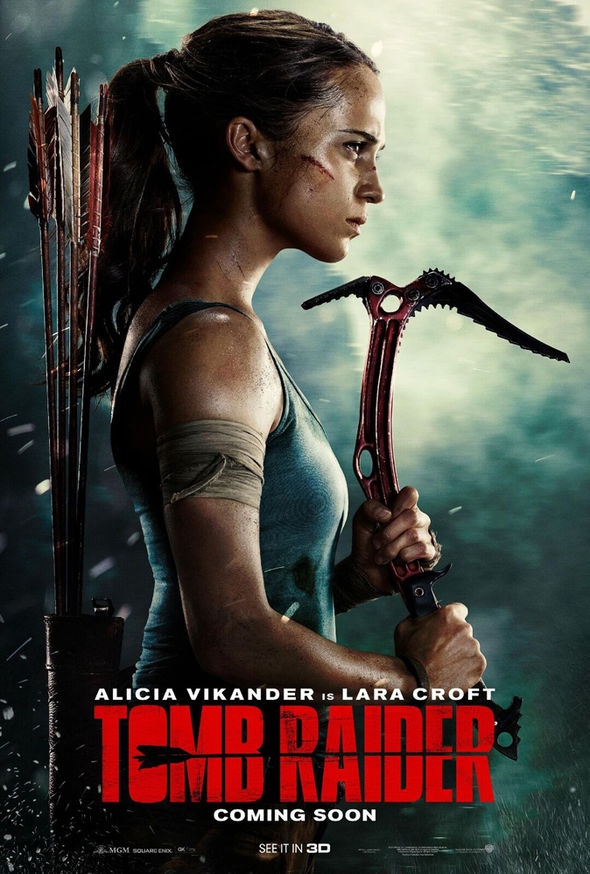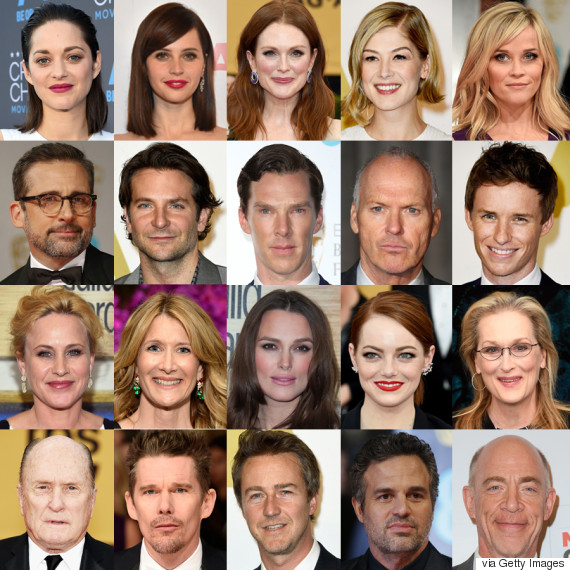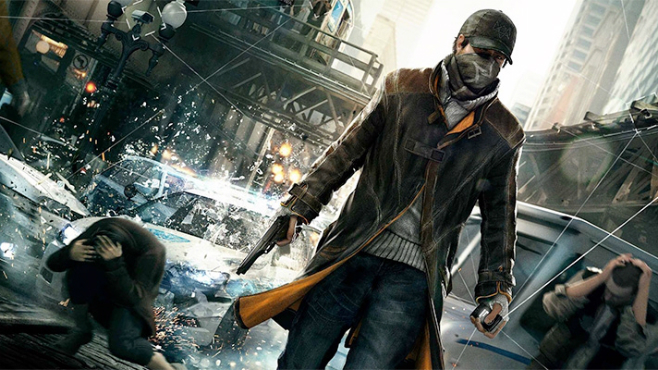Last week Game of Thrones fans were finally treated to the battle which the series had been building...
Uncategorized
Welcome back! As promised, I have a number of speculations based on the announcement trailer for Pokemon...
The tonal whiplash is real: I just got off of a pretty dire warning about isolationism and...
When it comes to cinematic universes, we all know the story: Marvel’s only getting better as they...
When last we checked in with the Dead or Alive franchise, anti-SJW types were stirring up a controversy...
Solo: A Star Wars Story is out this week and for the first time since 2008’s Clone Wars animated...
I saw Ready Player One at the movies last night (it was a fun time), but there was...
It’s no secret that I quite enjoy the two most recent Tomb Raider games and the upcoming third game...
I’ll be honest, I’ve been lazy about updating the blog lately. I’ve got about a half dozen...
So recently I have been rocking out to “Termination” by Book of Black Earth on a pretty...
This probably shouldn’t be a super controversial statement, but I rather like Kylo Ren. In my mind,...
If you’ve read even a couple of my posts on this blog, then you’re probably aware that...
So recently my morning started off in fantastic fashion as one of my friends on Facebook shared...
Critical reviews are an endless source of discussion in popular culture. On the one hand, they offer...



